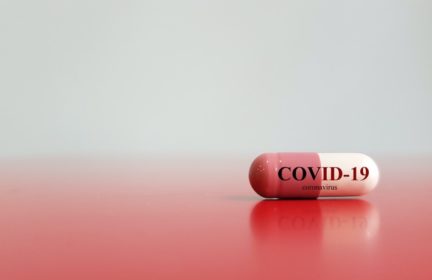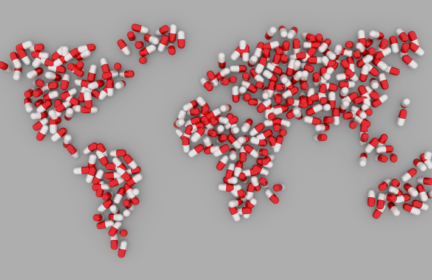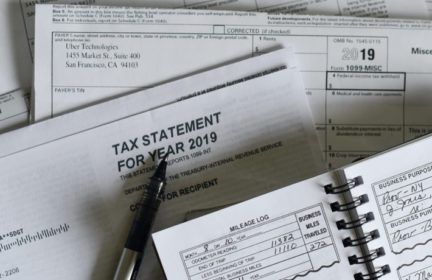
Remdesivir works against COVID-19, but does it work well enough to turn the tide?
The results of a pair of randomized controlled clinical trials were announced today, both showing antiviral drug Remdesivir to be effective in treating hospitalized COVID-19 patients. As a result, the FDA is expected to issue an emergency approval for Remdesivir very soon. It’s still unclear how much this will matter in the overall course of








